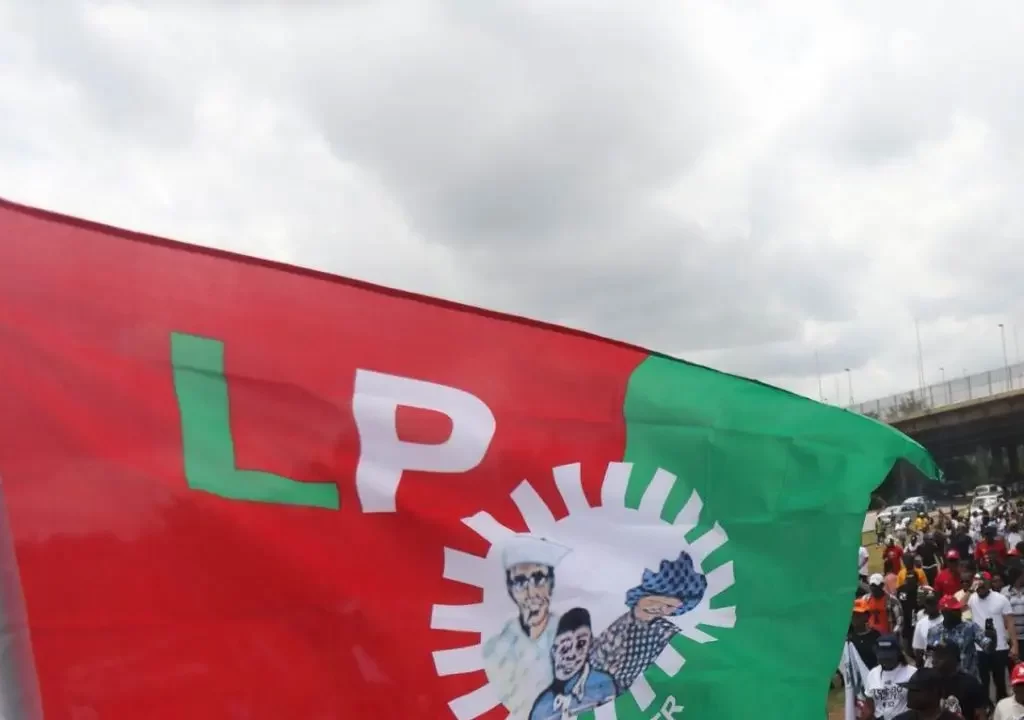
The Labour Party (LP) has reacted to the expulsion of many of its members by the National Assembly Election Petition Tribunal in many states across the country.
OsunDailyNG reports that the Tribunal had nullified the elections of many of the elected members of the party in Edo, Abia and other states over the discrepancy surrounding their membership.
Reacting to the development via a statement issued by its National Chairman, Barr. Julius Abure, the LP insisted that the membership issues are matters that have already been settled by superior courts.
He insisted that the issue of “membership is an internal affair of the party beyond the jurisdiction of courts.”
He said, “We are worried because the reasons for reversing our victories are matters that have been settled by the superior courts in the past.
“It is even incomprehensible and ludicrous when different tribunals give conflicting and diverse judgements on the same matter, a matter that has since been ruled by the Supreme Court and very recently at the Presidential Election Petition Court in APC v Peter Obi.
“The courts have, in a plethora of cases, held that the court has no jurisdiction to intervene in the internal affairs of a political party.
“The issue of nomination of candidates as well as membership are internal affairs of the party beyond the jurisdiction of courts. Only a political party can determine who its members are and who their flag bearer for an election should be.”
The LP chairman described the judgements as reckless, adding that the activities of the judges are suspicious.
He called on the Nigerian Judicial Council to intervene in the matter by reviewing the activities of the legal practitioners.
“Though the tribunal is not the final court, we frown at the recklessness of our judicial officers in entering a judgement that looks suspicious.
“We are therefore calling the attention of the Nigeria Judicial Council to the injustice ongoing and to review the activities of some of our legal officers who may have been compromised and found wanting in the discharge of their duties,” Abure added.


